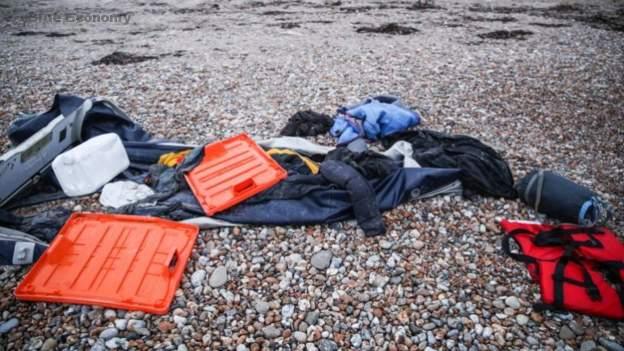London. Twenty-seven migrants and asylum seekers have reportedly lost their lives while attempting to cross the English Channel to reach the United Kingdom after their boat sank off the coast of Calais overnight. Seven women and three children were among the victims.
French and British authorities carried out an air and sea rescue operation following what the International Organization for Migration has called the “biggest single loss of life in the Channel” since it began collecting relevant data in 2014.
While the tragedy hits France and the UK and makes headlines around the world as media outlets seek to secure legal opinions and comments, the UK Nationality and Borders Bill are still undergoing parliament review.

Criticized by UK barristers, the United Nations High Commissioner for Refugees, and others; the Bill, if passed, will seek to penalize asylum seekers for irregular entry in a blatant violation of international refugee law.
The Bill may criminalize civil society search and rescue organizations that uphold the oldest maritime rule, to provide assistance to people in distress at sea. Furthermore, it may provide immigration officials with extensive maritime enforcement powers to push boats carrying migrants and asylum seekers back to France in one of the world’s busiest shipping lanes.
The Bill not only challenges international human rights law but questions whether the United Kingdom is prepared to uphold its values.

The English Channel tragedy is the result of an increasingly externalized and securitized approach to migration management and asylum in the European Union and the United Kingdom, and the absence of state-led coordinated search and rescue operations by both the UK and France.
Perhaps today more than ever, and against the backdrop of a House of Lords Inquiry into the applicability of the United Nations Convention on the Law of the Sea, and the difficulty of ensuring human rights compliance at sea, the UK government must face up to the challenge to uphold its own human rights obligations.













